
Mental Health in High-Performing Professionals: Rethink How You Measure Success
Mental Health in High-Performing Professionals: Rethink How You Measure Success By: Rane Wallace, MS, LPC, LCDC When your job seems to take over your life,
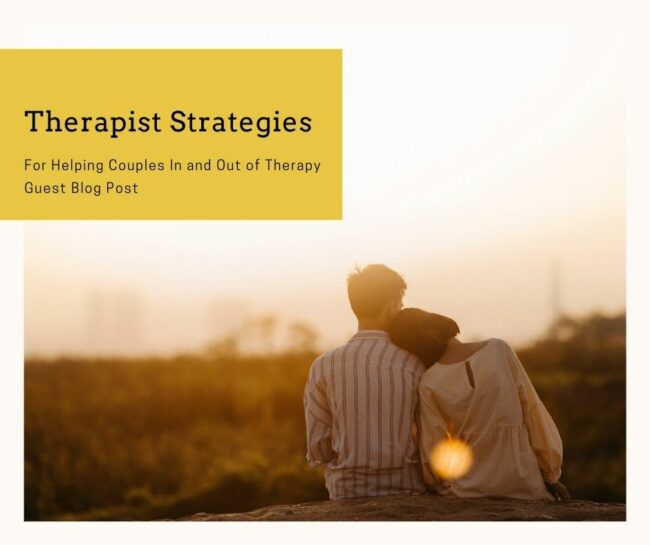
As a relationship therapist and marriage counselor in Fort Worth, I’m sometimes met with couples who admit they have dragged their feet to schedule their initial appointment. One or both partners share they have concerns with the meaning of therapy. They often believe bad things are to come!
This circumstance makes me think of a quote from poet, Erin Hanson: “What if I fall? Oh, but my darling, what if you fly?”
I think too often we place focus on the negative. It can be scary to try something new. But what I think is even scarier, is not doing anything at all.
Now I don’t know who said this, but I’ve heard it in different variations. I’ll put it this way: Personal growth comes from stepping out of your comfort zone and change needs personal growth. This implies being an active participant and expressing awareness of a need for change to occur if a relationship is experiencing troubles.
It is very common to consider couples therapy as a strategy to work through relationship issues. Some couples are on the same page and feel very comfortable with seeking therapy with a therapist. However, other partners may have conflicting views about therapy or they share the same discomfort with attending therapy sessions.
Be that as it may, the toughest part for me, as a relationship therapist, is when one partner coerces the other begrudgingly to session. Not everyone will be ready for couples therapy at the same time. So, what can you do?
Below are four strategies to consider if you are still on the fence about therapy.
There is a plethora of wonderful self-help books available in bookstores and online. There are numerous books on relationship help, self-esteem issues, depression, anxiety, attachment issues, boundary problems, etc. I keep a list of some of my favorite books for those clients of mine that are interested.
Again. So many different options out there! Many therapists and counselors offer their knowledge in a variety of therapy and self-care podcasts. This is a great way to get current information while driving to work or making dinner or picking up your kids. There is less commitment to a podcast than reading a whole book. You can pick and choose the material you believe will give you the most benefit.
Turn to those who you admire and view as good role models. Or you may consider talking to someone who has gone through similar relational issues. Whomever you confide in, should exhibit an objective stance and express support without turning your partner into the bad guy or gal!
Here’s a tough one. Make a list of the top three negative behaviors that play a role in your relationship problems. Don’t think about your partner’s behaviors; just your own. If for instance, active listening is an issue for you, Google it! Look over the tips to active listening and practice them. If you notice your partner has active listening problems, don’t make it your mission to set them straight. Stay focused on you!
Coming to couples therapy does not mean you are headed to divorce or a breakup. But if you don’t make any positive changes, with or without therapy, chances are greater that you could be headed there anyway. Whatever you do, do something about it! No one else is going to make these changes for you

Zully Schultz is a Licensed Marriage and Family Therapist and co-owner/founder of Reconnecting Relationships Therapy. She received her training at The Parenting Center and The Glick House while she worked toward her master’s degree in marriage and family therapy. She made the decision to receive a higher education in counseling at Texas Wesleyan University in Fort Worth, TX after undergoing her own therapy to work through intergenerational trauma. She became aware of the impact her history had on her current relationships and sought professional help to address those issues. She has great interest in helping individuals and couples connect authentically and to communicate effectively. She is married to her husband of 23 years, and they share two daughters, ages 21 and 17. Zully also begins her new role as the new president-elect for the Fort Worth Area Association for Marriage and Family Therapy in February 2022.

Mental Health in High-Performing Professionals: Rethink How You Measure Success By: Rane Wallace, MS, LPC, LCDC When your job seems to take over your life,
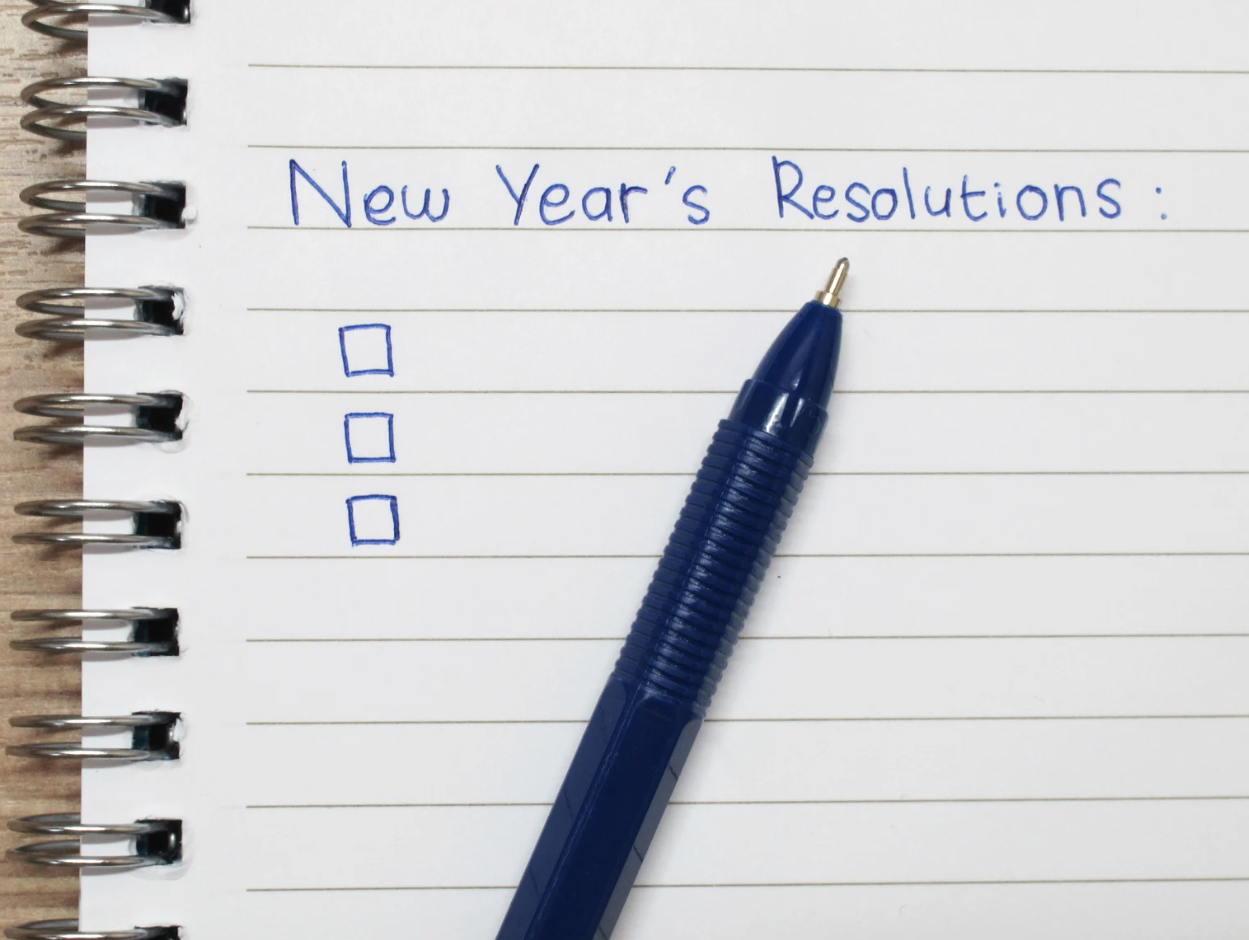
New Year, Same You (Just with a Better Support System) By: Rane Wallace, MS, LPC, LCDC You have probably heard of the phrase “new year,
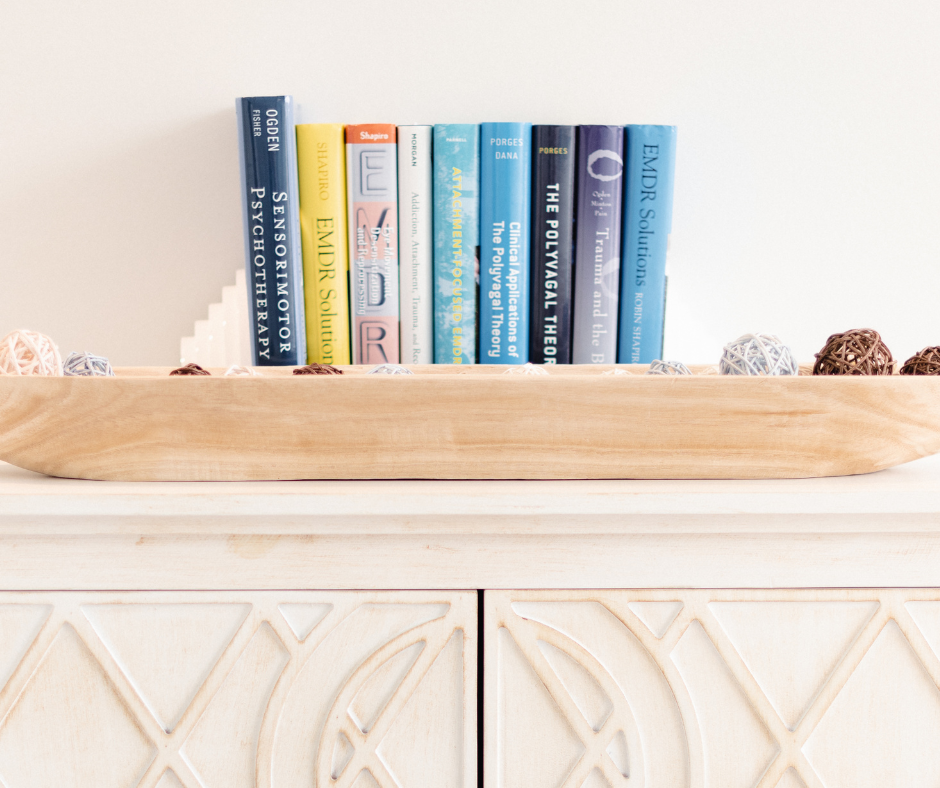
The Costs of the Scarcity Mindset By: Rane Wallace, MS, LPC, LCDC Would you consider yourself to be a “glass half empty” type of person?

What Is Relational Trauma? And How It Shows Up in Everyday Life By: Rane Wallace, MS, LPC, LCDC Do you ever find it hard to
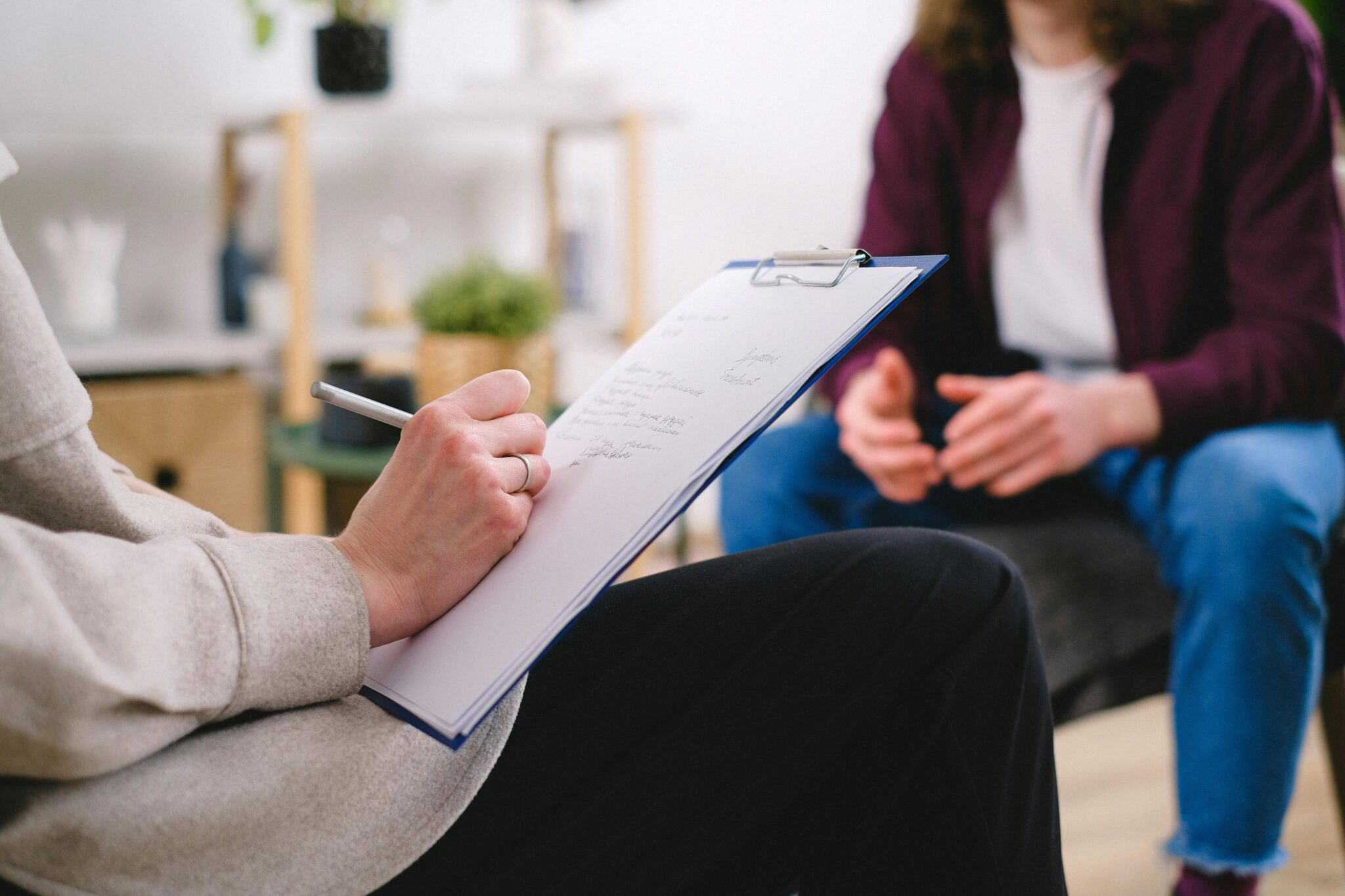
How to Build Emotional Intelligence By: Rane Wallace, MS, LPC, LCDC When you think of intelligence, what’s the first thing that comes to mind? It’s

How to Stop Overthinking? Strategies for Managing Rumination and Intrusive Thoughts By: Rane Wallace, MS, LPC, LCDC, SAP Sometimes we drift into thought, and sometimes

Offering Support After the Texas Hill Country Flooding By: Rane Wallace, MS, LPC, LCDC, SAP When tragedy strikes, it comes out of nowhere. And it

Family Vacations & Your Mental Peace: Strategies for Stress-Free Summer Travel By: Rane Wallace, MS, LPC, LCDC, SAP Of course, traveling with your family is

Mental Health 101: Debunking Common Myths By: Rane Wallace, MS, LPC, LCDC, SAP Every May, Mental Health Awareness Month raises awareness and advocacy for people

Medical Trauma: Understanding and Healing from Difficult Healthcare Experiences By: Rane Wallace, MS, LPC, LCDC, SAP Over the years, I’ve come to understand that for

Social Media Depression: Beyond FOMO to Algorithm-Induced Mood Change By: Rane Wallace, MS, LPC, LCDC, SAP I’ve seen this happen so many times with patients,

How to Wind Down at Night: Simple Sleep Hygiene Tips By: Rane Wallace, MS, LPC, LCDC, SAP Sleep hygiene might sound like a fancy term,

Pregnancy and Postpartum Anxiety Treatment in Fort Worth By: Rane Wallace, MS, LPC, LCDC, SAP Have you or a loved one experienced anxiety during pregnancy

Breaking the ‘New Year, New Me’ Mindset: A Guide to Sustainable Change By: Rane Wallace, MS, LPC, LCDC, SAP In my years as a therapist,

How to Support a Partner with Chronic Illness: A Mental Health Perspective By: Rane Wallace, MS, LPC, LCDC, SAP Living with a chronic illness can

EMDR for Attachment Issues: Building Healthy Relationships By: Rane Wallace, MS, LPC, LCDC, SAP When you hear “EMDR therapy” (Eye Movement Desensitization and Reprocessing), you

How to Deal with a Narcissistic Partner By: Rane Wallace, MS, LPC, LCDC, SAP Do you ever feel like your partner thinks they’re better than

How to Recover from Burnout By: Rane Wallace, MS, LPC, LCDC, SAP Burnout is a common struggle in today’s fast-paced world. Life’s relentless demands can

The Benefits of Attending Couples Counseling By: Rane Wallace, MS, LPC, LCDC, SAP There’s a misconception about couples counseling – that it signals the end

Things to Know About Individual Counseling in Fort Worth, TX By: Rane Wallace, MS, LPC, LCDC, SAP May is Mental Health Awareness Month, a good

Everything You Need to Know About EMDR Therapy By: Rane Wallace, MS, LPC, LCDC, SAP Have you heard about EMDR therapy and want to learn

What is Nature Therapy? (And Why You Should Be Doing It!) By: Rane Wallace, MS, LPC, LCDC, SAP Let’s face it: there’s just something about
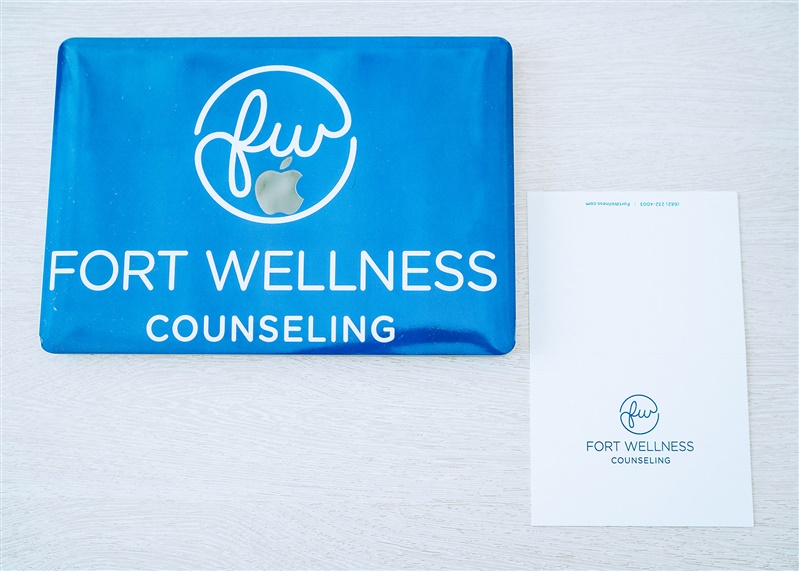
The Benefits of Virtual Therapy in Texas By: Rane Wallace, MS, LPC, LCDC, SAP Technology is changing everything, and healthcare is no different! Thanks to

How to Get Over a Breakup By: Rane Wallace, MS, LPC, LCDC, SAP Breaking up with a romantic partner is painful – no matter the reason

How to Set New Year’s Resolutions By: Rane Wallace, MS, LPC, LCDC, SAP How to Set New Year’s Resolutions Setting goals gives us a sense
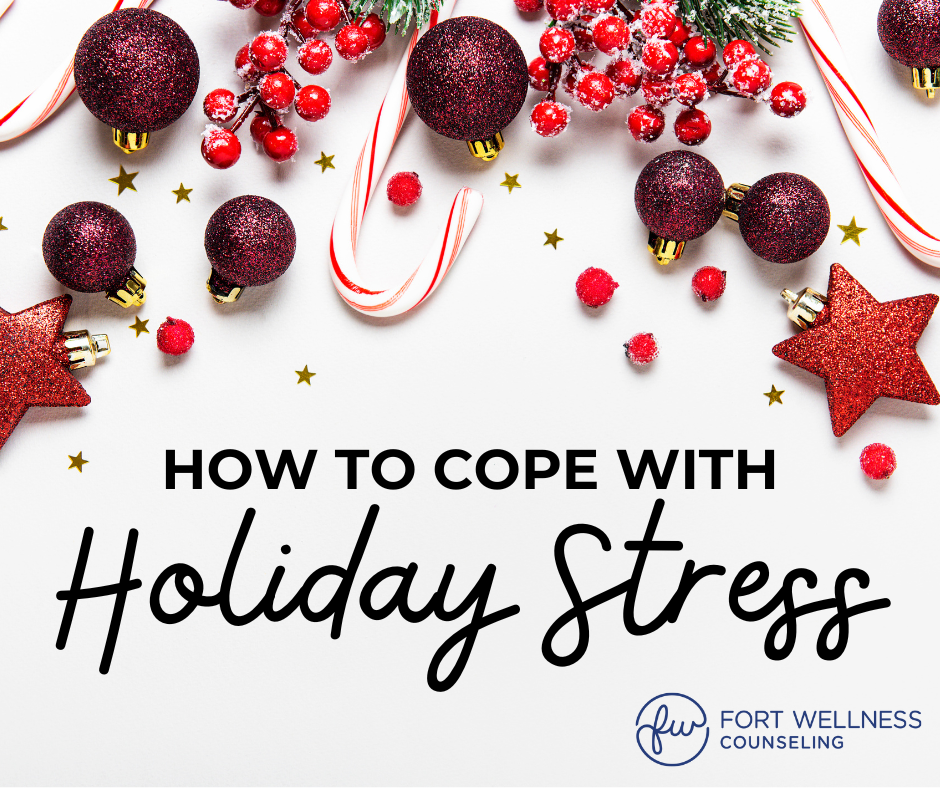
How to Cope with Holiday Stress By: Rane Wallace, MS, LPC, LCDC, SAP Say No to Prevent Burnout There are an abundance of obligations that

Trauma Therapy in Fort Worth: Types, Benefits & More By: Rane Wallace, MS, LPC, LCDC, SAP Believe it or not, an estimated 60% of men

How to Communicate Better in Relationships By: Rane Wallace, MS, LPC, LCDC, SAP Whether with coworkers or your significant other, the ability to communicate effectively

How to Prevent Seasonal Affective Disorder (SAD) By: Rane Wallace, MS, LPC, LCDC, SAP If you’re struggling with winter blues, know you’re not alone. SAD

What is a Functioning Alcoholic? By: Rane Wallace, MS, LPC, LCDC, SAP When someone is deemed a ‘high-functioning alcoholic,’ they’re able to carry out daily

How to Help Yourself – And Others – with Suicidal Ideation By: Rane Wallace, MS, LPC, LCDC, SAP September is Suicide Awareness Month. And while

32 Questions to Strengthen Your Relationship By: Rane Wallace, MS, LPC, LCDC, SAP When was the last time you had a meaningful conversation with your
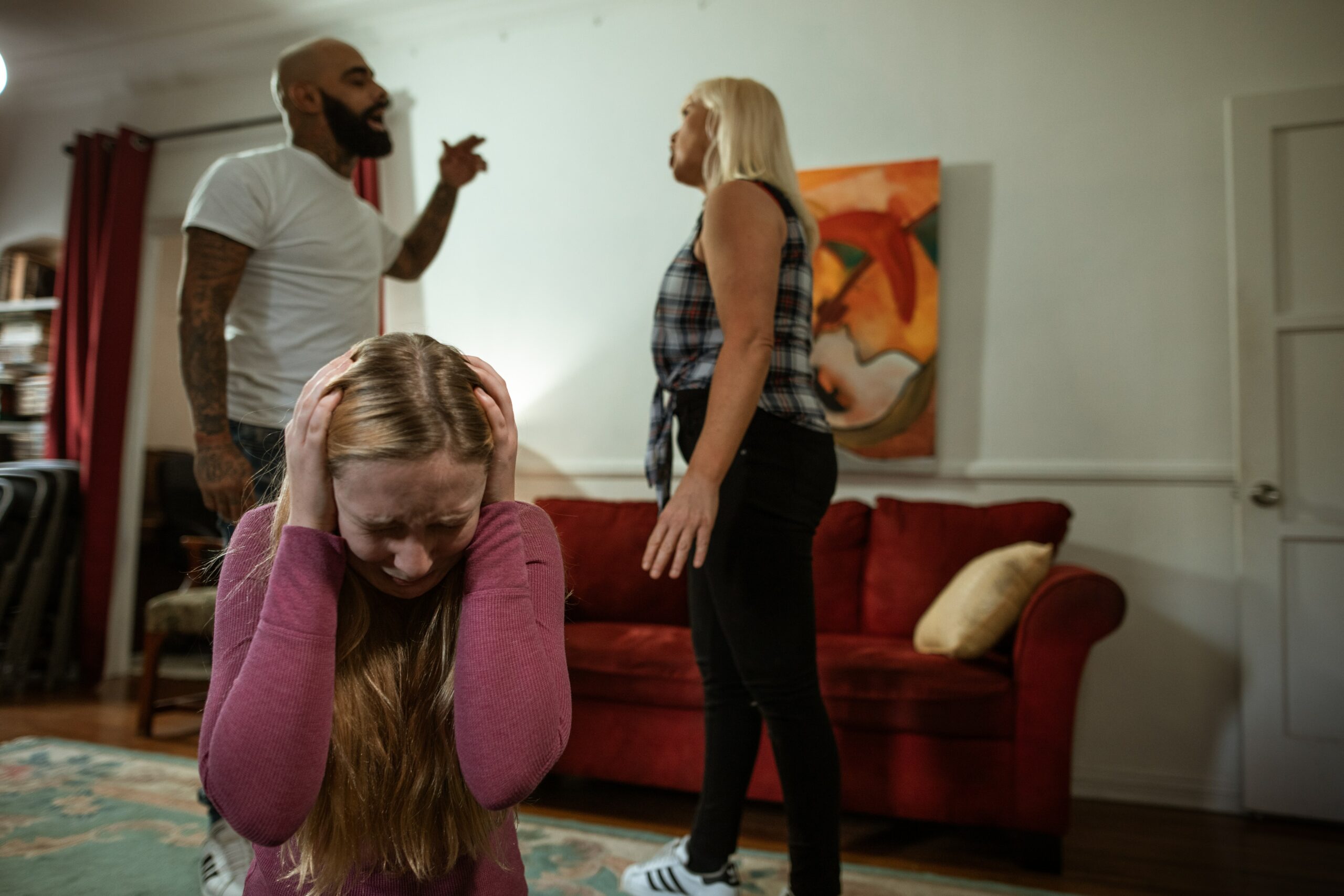
The Fawn Response: How Trauma Can Lead to People Pleasing By: Rane Wallace, MS, LPC, LCDC, SAP Do you often find yourself putting the needs

How to Overcome ‘Hangxiety’ (Post-Drinking Anxiety) By: Rane Wallace, MS, LPC, LCDC, SAP Thought the consequences of drinking heavily were merely physical? Unfortunately, you’ll have

What is Box Breathing? Plus Tips for Beginners By: Rane Wallace, MS, LPC, LCDC, SAP Ever heard of box breathing? This popular relaxation technique involves

Do Mindfulness Exercises for Anxiety Work? By: Rane Wallace, MS, LPC, LCDC, SAP Do mindfulness exercises for anxiety work? If you (or people in your

What is Trauma Bonding? 4 Warning Signs By: Rane Wallace, MS, LPC, LCDC, SAP If you’ve ever been in an abusive relationship and felt bonded

Why Do We Cry? 4 Reasons and Crying Benefits By: Rane Wallace, MS, LPC, LCDC, SAP There’s no getting around it – crying is part

What Is Habit Stacking? (And How to Do It) By: Rane Wallace, MS, LPC, LCDC, SAP Supporting our mental health is one of those goals

5 Tips for Living with Someone with OCD By: Rane Wallace, MS, LPC, LCDC, SAP While living with OCD (obsessive-compulsive disorder) can be demanding, living

What is Assertive Communication? By: Rane Wallace, MS, LPC, LCDC, SAP So, what is assertive communication? Well, in a nutshell, this communication style aims to

PTSD Counseling in Fort Worth: Proven Coping Strategies By: Rane Wallace, MS, LPC, LCDC, SAP For those who didn’t already know, post-traumatic stress disorder (PTSD)

Brainspotting vs. EMDR: What’s the Difference? By: Rane Wallace, MS, LPC, LCDC, SAP According to the National Council for Mental Wellbeing, 70% of American adults

Mindfulness Exercises to Strengthen Your Recovery By: Rane Wallace, MS, LPC, LCDC, SAP Are you recovering from alcohol and/or substance abuse? Self-improvement is a life-long

How to Find a Counselor in Fort Worth By: Rane Wallace, MS, LPC, LCDC, SAP Are you considering therapy? If so, finding a counselor in